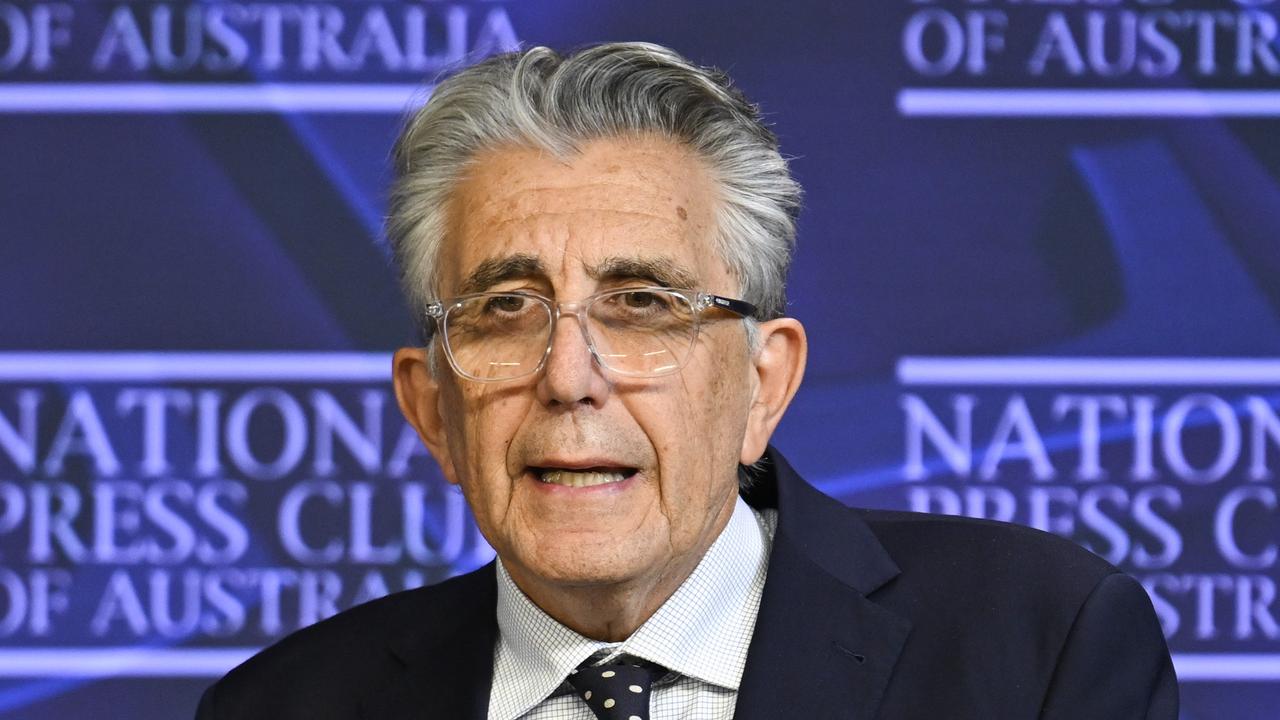Crypto company needed a licence, breached law court says
Gold Coast-based PBS Financial broke the law when it offered digital currency by running a business without a financial services licence, the Federal Court has found.

A Gold Coast promoter of a digital currency broke the law by running a business without a financial services licence when it should have, the Federal Court has found.
It’s a partial win for the Australian Securities and Investments Commission, which has succeeded in elements of its case against BPS Financial after it alleged the company – which owns the cryptocurrency Qoin – carried on a financial services business without a licence.
ASIC launched the case in 2022, as greater scrutiny of cryptocurrency platforms became one of its major priorities.
Qoin was created by Tony Wiese and Raj Pathak, both directors of barter-trading system Bartercard Australia.
Qoin is exclusively bought and sold on Block Trade Exchange, a platform which is owned by the same company as the currency.
Federal Court judge Kylie Downes found in ASIC’s favour and ruled BPS needed a licence, except during a period when it was an authorised representative of PNI Financial Services.
That company held a financial services licence, and between November 2020 and August 2021 had an authorised representative agreement with BPS and was exempt from the need for a licence.
It means for the remaining period between January 2020 and October 2022, BPS breached the law, the court ruled.
ASIC was also successful on three out of the four false and misleading claims it alleged BPS made, including that a person who purchases Qoin can be confident they could exchange the Qoin for fiat currency, or other crypto-assets, through independent exchanges, when no such exchanges existed.
Secondly, ASIC said it was not the case that Qoin could be used to purchase goods and services from an increasing number of merchants.
Thirdly, the company falsely claimed its product was “officially approved” or registered, to give the impression it had a government stamp of approval.
It failed on the final “compliance representation”, that the Qoin NCP Product and BPS were each fully compliant with Australian financial services laws when that was not so.
Justice Downes said that was because “the latter would have been understood as conveying an expression of opinion only”.
BPS had argued it was always exempt from the need to have a financial services licence, because it issued the cryptocurrency as a representative of the holder of a financial licence.
“At all material times since January 2020 and other than during the PNI period, BPS has contravened … the Corporations Act by carrying on a financial services business within the meaning of Chapter 7 of the Corporations Act in issuing a financial product, and providing financial product advice in relation to that product, in circumstances where BPS did not hold an AFSL,” the judgment read.
A further hearing will be held this year to determine relief sought by ASIC.






To join the conversation, please log in. Don't have an account? Register
Join the conversation, you are commenting as Logout